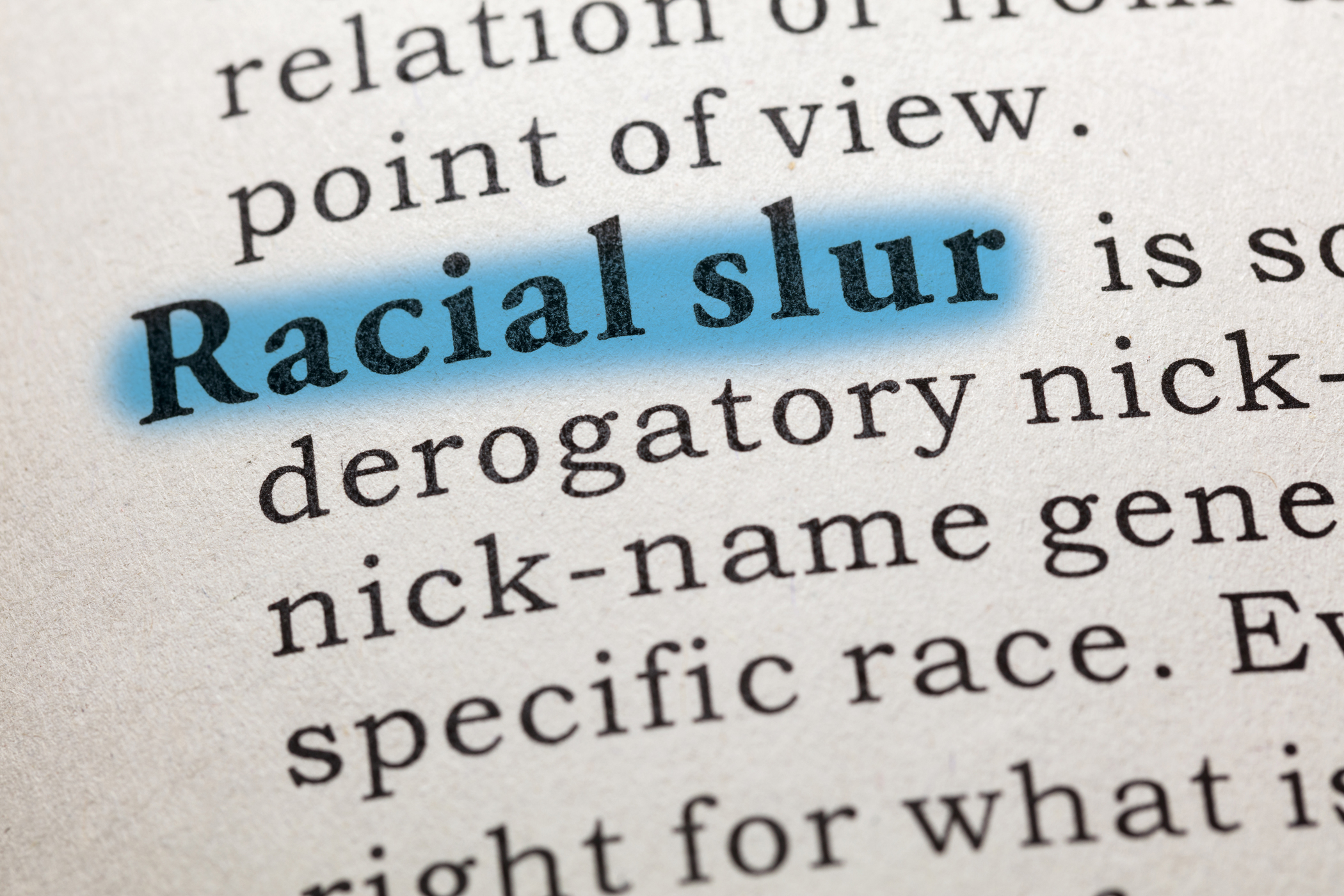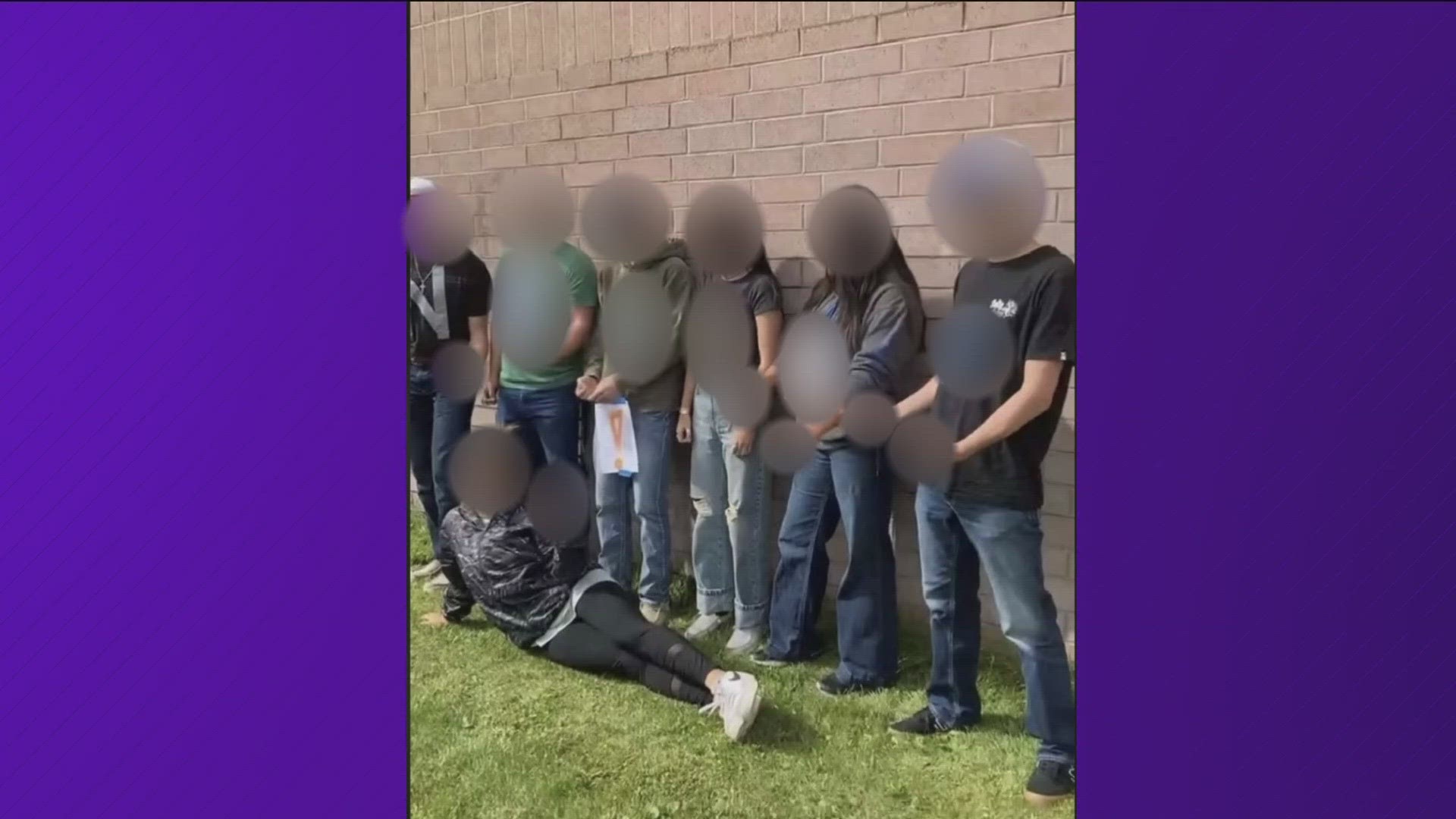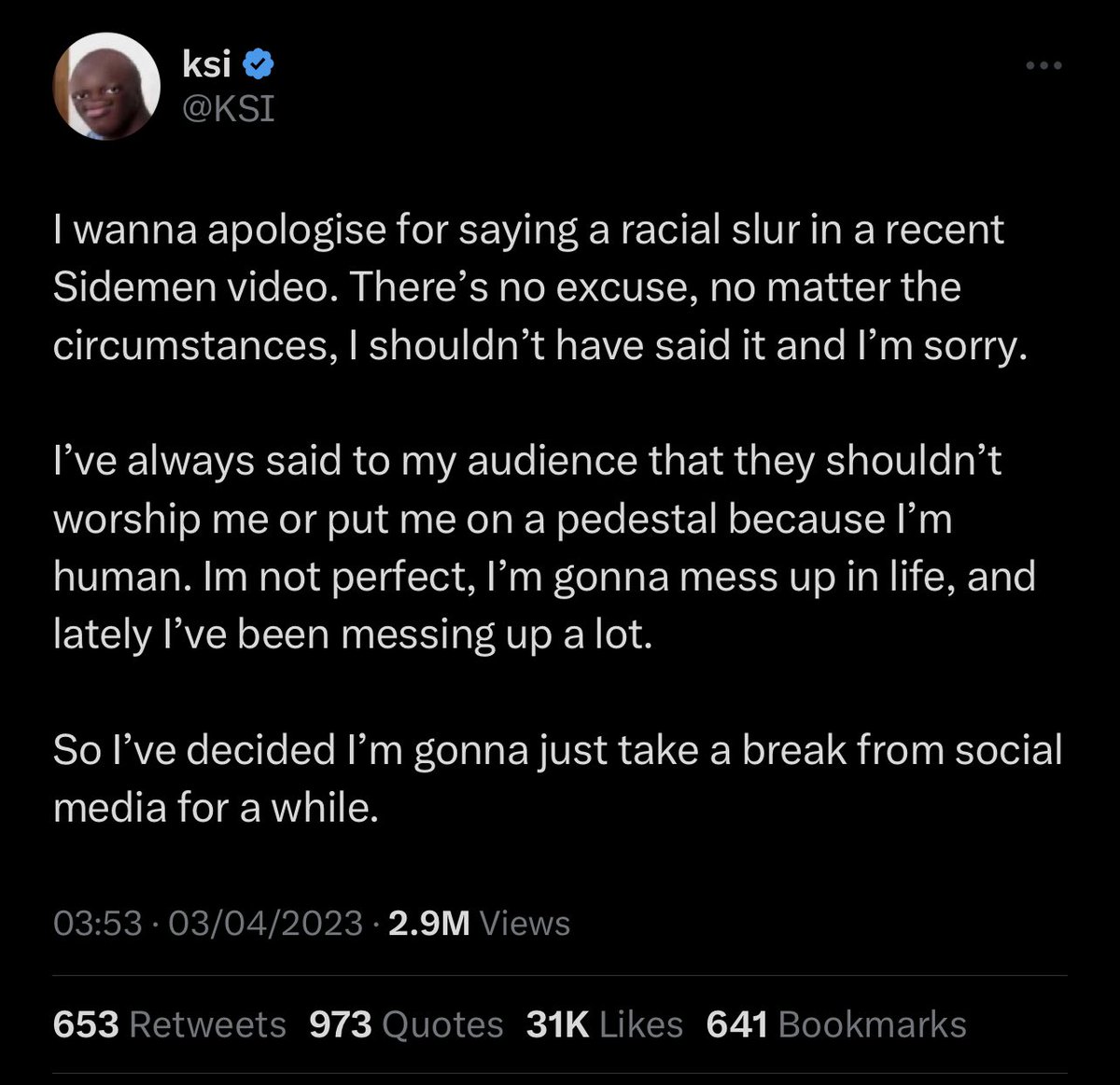You’ve probably heard the term "kook" thrown around in conversations, debates, or even memes. But what happens when a word that seems harmless takes on a darker meaning? The kook racial slur has sparked heated discussions about language, culture, and sensitivity. Today, we’re diving deep into this topic to shed light on its origins, implications, and how we can foster a more inclusive dialogue.
Let’s be real here—language evolves. Words that once seemed innocent can take on harmful connotations over time. The term "kook" is a prime example of this phenomenon. While some people use it casually, others see it as a reminder of racial prejudice and discrimination. Understanding the context behind this word is crucial if we want to move forward as a society.
In this article, we’ll explore everything you need to know about the kook racial slur, from its history to its impact on modern discourse. Whether you’re here out of curiosity or a desire to educate yourself, you’ve come to the right place. Let’s jump in!
Here’s a quick roadmap of what we’ll cover:
- The History of the Term "Kook"
- How Did "Kook" Become a Racial Slur?
- The Cultural Impact of the Kook Racial Slur
- Controversies Surrounding the Term
- Modern Usage and Misunderstandings
- The Importance of Education and Awareness
- Finding Positive Alternatives
- Building Inclusive Communities
- Legal and Social Implications
- Conclusion: Where Do We Go From Here?
The History of the Term "Kook"
Words don’t exist in a vacuum. They carry the weight of history, culture, and context. The term "kook" is no exception. Originally, "kook" was used in the early 20th century to describe someone who was eccentric or out of touch with reality. It wasn’t inherently negative—it was more of a playful insult. But as time went on, the word started to take on darker undertones.
In the 1950s and 60s, "kook" began to be associated with Black culture, particularly in jazz and bebop circles. Musicians and artists who were pushing boundaries were labeled as "kooks" by critics who didn’t understand or appreciate their work. Over time, the term became a way to dismiss and belittle Black creativity and innovation.
Fast forward to today, and "kook" has resurfaced in modern slang, often used to describe someone who is quirky or unconventional. But for many, the racial baggage of the word lingers, making its casual use problematic.
The Evolution of Slang
Slang is a fascinating part of language evolution. Words like "lit," "savage," and "woke" have all gone through phases of popularity and controversy. "Kook" is no different. What started as a playful term has morphed into something far more complex.
Here’s a quick breakdown of how slang evolves:
- Origins: A word or phrase emerges in a specific community or subculture.
- Adoption: It gains traction and spreads to wider audiences.
- Controversy: As more people use it, its meaning and implications are debated.
- Transformation: The word either fades away or takes on new meanings.
Understanding this process helps us appreciate why some words carry more weight than others.
How Did "Kook" Become a Racial Slur?
This is the million-dollar question, isn’t it? The transformation of "kook" into a racial slur didn’t happen overnight. It was a gradual process rooted in systemic racism and cultural stereotypes.
In the mid-20th century, "kook" became a way to stereotype Black individuals as "weird" or "out of place." This was especially true in predominantly white spaces where Black culture was misunderstood or feared. The word was used to reinforce harmful narratives about race and identity.
Even today, the racial undertones of "kook" persist. While some argue that its modern usage is harmless, others point out that stripping a word of its historical context doesn’t erase its impact.
Why Context Matters
Words are powerful tools. They can build bridges or tear them down. When it comes to racial slurs, context is everything. A word that might seem innocent to one person can be deeply hurtful to another.
Here are a few things to consider:
- Who is using the word? Is it someone from the marginalized group it refers to, or an outsider?
- What is the intent behind its use? Is it meant to harm or uplift?
- What is the historical significance? Does the word have a problematic past?
These questions aren’t always easy to answer, but they’re essential for navigating sensitive language.
The Cultural Impact of the Kook Racial Slur
Culture shapes language, and language shapes culture. The kook racial slur has had a profound impact on how we talk about race and identity. For many, it’s a painful reminder of a history of exclusion and discrimination.
In recent years, there’s been a growing movement to reclaim and redefine words that have been used as slurs. Some Black activists and artists have embraced "kook" as a badge of honor, turning its negative connotations on their head. This reclamation is a powerful act of resistance, but it’s not without its challenges.
Not everyone agrees with reclaiming slurs. Some argue that it normalizes harmful language, while others believe it empowers marginalized voices. The debate is ongoing, and there’s no one-size-fits-all answer.
Reclaiming Language: A Double-Edged Sword
Reclaiming language can be a powerful way to take back control. When a marginalized group redefines a word that was once used to oppress them, it sends a clear message: We won’t be silenced. But it’s not always that simple.
Here are a few pros and cons of reclaiming slurs:
- Pros: Empowerment, resistance, and community building.
- Cons: Potential for misinterpretation, confusion, and continued harm.
Ultimately, the decision to reclaim a word lies with the community it affects. Outsiders should tread carefully and respect those boundaries.
Controversies Surrounding the Term
It’s no secret that the kook racial slur has sparked its fair share of controversies. From social media debates to academic discussions, the topic is far from settled. Some argue that the term is harmless and has been overanalyzed, while others insist that its racial implications can’t be ignored.
In 2020, a popular meme featuring the word "kook" went viral, reigniting the debate. Many users were unaware of its racial connotations, leading to a wave of backlash and education. This incident highlighted the importance of being mindful of the words we use, even in seemingly lighthearted contexts.
As society becomes more aware of these issues, the pressure to be culturally sensitive grows. But how do we strike a balance between free speech and respect?
The Free Speech Debate
Free speech is a cornerstone of democracy, but it’s not without its limitations. While everyone has the right to express themselves, that doesn’t mean all speech is harmless. Words can hurt, and sometimes they do lasting damage.
Here’s how we can approach the free speech debate:
- Education: Teach people about the impact of their words.
- Dialogue: Encourage open and respectful conversations about language.
- Accountability: Hold individuals and institutions accountable for harmful speech.
It’s a delicate balance, but one that’s worth striving for.
Modern Usage and Misunderstandings
In today’s world, "kook" is often used in a variety of contexts, from describing quirky behavior to referencing characters in pop culture. But this modern usage can sometimes overshadow its darker history. Many people, especially younger generations, may not be aware of the racial implications of the word.
This lack of awareness can lead to misunderstandings and unintentional harm. It’s important to approach language with curiosity and a willingness to learn. If you’re unsure about the origins or impact of a word, take the time to research it.
Pop Culture’s Role in Shaping Language
Pop culture has a massive influence on how we talk and think. Movies, TV shows, music, and social media all play a part in shaping our language and perceptions. When a word like "kook" is used casually in these contexts, it can perpetuate harmful stereotypes without people even realizing it.
Here are a few examples of how pop culture has influenced the use of "kook":
- Music: Songs that reference "kook" in a playful or ironic way.
- Films: Characters described as "kooks" due to their eccentric behavior.
- Social Media: Memes and jokes that use "kook" without acknowledging its history.
Pop culture isn’t inherently bad, but it’s important to be mindful of its impact.
The Importance of Education and Awareness
Education is the key to change. By learning about the history and impact of words like "kook," we can make more informed decisions about how we communicate. This doesn’t mean we have to walk on eggshells all the time, but it does mean being respectful and considerate.
Schools, workplaces, and communities all have a role to play in promoting language awareness. Workshops, discussions, and resources can help people understand the nuances of language and its power to shape our world.
Resources for Learning
There are plenty of resources available for those who want to learn more about language and its impact. Here are a few to get you started:
- Books: "How to Be an Antiracist" by Ibram X. Kendi.
- Podcasts: "Code Switch" by NPR.
- Online Courses: Coursera offers courses on language and diversity.
Knowledge is power, and the more we know, the better equipped we are to create positive change.
Finding Positive Alternatives
If "kook" feels too loaded with baggage, there are plenty of other words and phrases you can use instead. The key is to find terms that are both descriptive and respectful.
Here are a few alternatives to consider:
- Quirky: Describes someone who is unconventional or unique.
- Eccentric: Refers to someone who doesn’t conform to societal norms.
- Playful: Highlights a fun and lighthearted personality.
Language is vast and versatile. There’s no shortage of words to choose from, so why not opt for ones that uplift rather than harm?
Encouraging Creative Expression
Language is a form of creative expression. When we limit ourselves to certain words or phrases, we miss out on the beauty of linguistic diversity. By embracing alternative terms, we can expand our vocabularies and enrich our conversations.
Here’s how you can encourage creative expression:
- Experiment: Try out new words and phrases in your daily life.
- Collaborate: Work with others to create shared language.
- Reflect: Think critically about the words you use and why.
Language is a living thing, and we all have the power to shape it.
- Top Aagmaal Alternatives For Hot Indian Web Series Free Download
- Aagmaal Trends Competitors What You Need To Know


